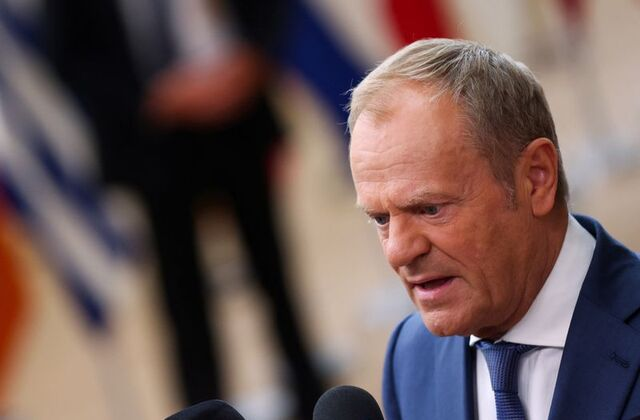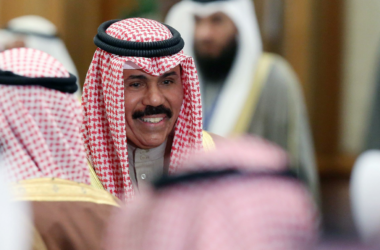At a recent European Council summit, tensions flared over the issue of joint defense spending within the European Union, with outgoing Dutch Prime Minister Mark Rutte drawing criticism for his stance against allocating more of the bloc’s budget to bolster its defense capabilities.
According to Polish Prime Minister Donald Tusk, who spoke to journalists on Friday, EU leaders expressed frustration with Rutte’s opposition during the summit. Tusk described the atmosphere as “a bit awkward,” noting that many leaders questioned Rutte’s stance given his impending role as secretary-general of NATO starting in October.
The debate centered on whether the EU should consider issuing joint debt to fund defense projects, a proposal that has divided opinion among member states. German Chancellor Olaf Scholz and Rutte, known for advocating stricter fiscal rules within the EU, argued against increasing collective EU spending on defense initiatives.
Tusk highlighted the irony of Rutte’s position, noting that despite his upcoming NATO role, Rutte opposed efforts to enhance Europe’s defense capabilities. “Everybody, almost everybody, loudly reminded Mark Rutte that he will soon take up the role of NATO secretary-general, and that he should be doing everything to make sure that Europe spares no money or resources,” Tusk remarked.
The discussion occurred against the backdrop of Ukrainian President Volodymyr Zelenskyy’s presence at the summit, aimed at solidifying EU support amid Ukraine’s ongoing conflict with Russia. Tusk expressed disappointment over the resistance to increased defense spending, particularly contrasting it with Poland’s substantial defense expenditure, which amounts to nearly 4 percent of its GDP.
Despite Poland’s robust defense commitment, Tusk emphasized the importance of collective European security, suggesting that joint funding for defense projects would benefit all EU member states. He voiced frustration with arguments against such initiatives during the summit.
Rutte, who has led the Netherlands for 14 years, has faced criticism for failing to meet NATO’s defense spending target of 2 percent of GDP during his tenure. His opposition to increased EU defense funding underscores ongoing debates within the bloc over military capabilities and financial responsibilities.
The outcome of the summit reflects ongoing tensions and differing priorities among EU member states regarding defense policy and collective security measures.








